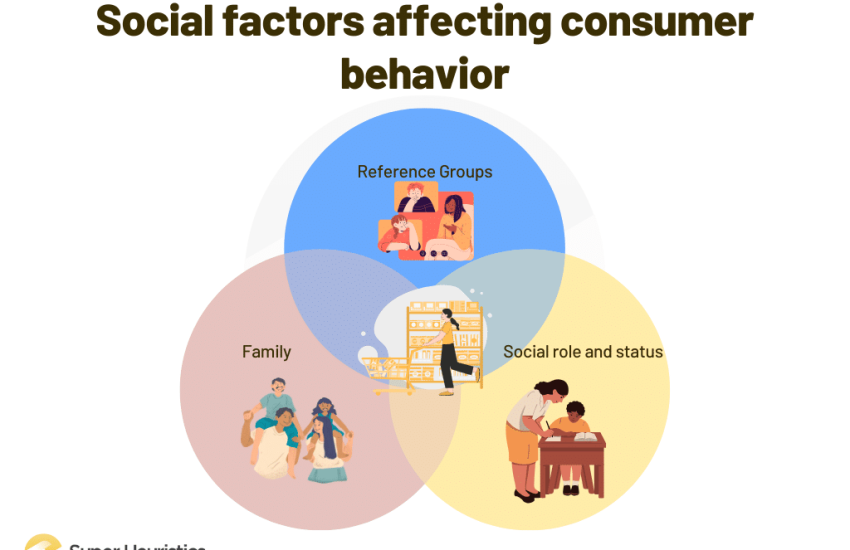The Role of Corporate Social Responsibility in Society
In today’s interconnected world, corporations have a significant impact on society, both positive and negative. With great power comes great responsibility, and many companies are recognizing the importance of giving back to the communities in which they operate. This is where Corporate Social Responsibility (CSR) comes into play.
What is Corporate Social Responsibility?
Corporate Social Responsibility is a business model that involves a company taking responsibility for its impact on society and the environment. This means going beyond just making a profit and also considering the well-being of employees, customers, communities, and the planet. CSR initiatives can take many forms, from charitable donations and volunteer programs to sustainability efforts and ethical business practices.
The Benefits of Corporate Social Responsibility
There are numerous benefits to implementing CSR practices within a company. Not only does it help to build a positive brand reputation and enhance customer loyalty, but it can also attract top talent and improve employee morale. By giving back to the community and minimizing the environmental footprint of operations, companies can contribute to a more sustainable and equitable society.
Examples of Corporate Social Responsibility
Many leading tech companies are setting an example in the field of CSR. For example, Google has pledged to run its operations on 100% renewable energy and has invested in numerous sustainability initiatives. Microsoft has committed to carbon neutrality and has donated millions of dollars to charitable causes. Apple has implemented a rigorous supplier code of conduct to ensure fair labor practices throughout its supply chain.
How Companies Can Implement CSR
Implementing Corporate Social Responsibility initiatives can be a daunting task, but there are some key steps that companies can take to get started. First, it’s important to identify the social and environmental issues that are most relevant to the company’s operations and stakeholders. Then, develop a comprehensive CSR strategy that aligns with the company’s values and goals. Finally, communicate and engage with stakeholders to ensure transparency and accountability in CSR efforts.
Conclusion
Corporate Social Responsibility is more than just a buzzword – it’s a crucial component of a company’s long-term success and sustainability. By taking responsibility for their impact on society and the environment, tech companies can build stronger relationships with customers, employees, and communities. In the end, a commitment to CSR is not only the right thing to do, but it’s also good for business.
References:
– Google Sustainability
– Microsoft Corporate Social Responsibility
– Apple Supplier Responsibility


